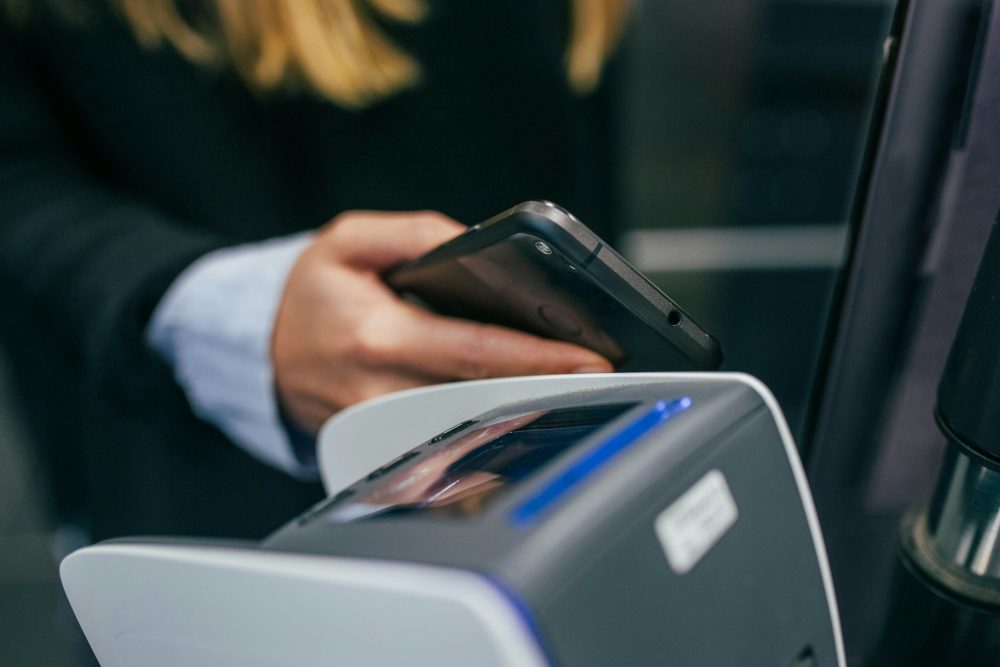Fintech
Thunes Launches Real-Time Payments to Boost Morocco’s Remittance Market
Thunes has launched real-time payments in Morocco, enabling instant transfers in dirhams to bank accounts. This innovation benefits the Moroccan diaspora, whose remittances exceed $11.5 billion annually, by offering faster, cheaper, and more transparent transactions. Strengthening financial inclusion and cross-border flows, it supports Morocco’s growing role as a digital and financial hub in Africa.

Money transfers to Morocco are undergoing a new transformation with the arrival of real-time payments. By enabling instant transactions in dirhams, Thunes meets the pressing demands of consumers and businesses for greater speed, transparency, and reliability.
In a country where money transfers from Moroccans around the world represent more than $11.5 billion per year, according to the World Bank, the arrival of a global player in instant payments like Thunes is nothing insignificant.
By launching its real-time payment services to bank accounts, the Singapore-based company is responding directly to the growing demand for speed and transparency in international financial flows. Members of Thunes’ direct global network can now offer real-time payments to bank accounts in Morocco.
A strategic market for remittances
The Kingdom has occupied a central place in financial flows to Africa for several years. The Moroccan diaspora, estimated at more than five million people, fuels a significant portion of the national economy through remittances.
However, traditional systems, often costly and time-consuming, struggle to meet the speed needs expressed by users. This is precisely the niche that Thunes intends to capture. Its direct global network, which already covers more than 130 countries and 80 currencies, now allows funds to be sent in Moroccan dirhams with real-time execution. This is a major competitive advantage in a context where, according to the “Money Without Borders” study, published by Thunes in 2025, 65% of expatriates rank transaction speed as their primary selection criterion.
The arrival of Thunes contributes to the financial inclusion of a growing number of users, both individuals and businesses, who will be able to access cheaper and more secure transfers. By strengthening the fluidity of cross-border flows, fintech also contributes to the attractiveness of the Moroccan economy, which is increasingly integrated into global digital networks.
For Aik Boon Tan, Network Director at Thunes, this expansion is part of a broader regional dynamic: “Faced with the growing demand for seamless, real-time payments in North Africa, we are offering fast and reliable alternatives to traditional systems.” This observation is shared by Chloé Mayenobe, President and COO, who emphasizes that “speed has become more than a preference; it is an expectation and a key criterion for end users. With the launch in Morocco, we are offering faster, cheaper, and more transparent transactions in one of the continent’s most important markets.”
A Changing Ecosystem
This launch is part of a broader transformation of the country’s financial sector, where the digitalization and interoperability of payment systems are advancing rapidly. Bank Al-Maghrib is multiplying initiatives to modernize the national infrastructure, while financial institutions and fintechs are stepping up their digital offerings.
Thunes’ arrival complements an already expanding network, bringing global expertise and proven solutions to other markets. For the Singaporean fintech, present in 14 major cities around the world, this Moroccan presence is part of a broader ambition: to connect a billion new users to the global economy.
By facilitating cross-border payments, Thunes is positioning itself as a strategic link in this financial integration, while consolidating its status as a leader in real-time transfers. Morocco, a migratory and financial crossroads, thus appears to be a natural step for the company, but also as fertile ground for experimenting with new payment practices capable of influencing other African markets.
Thunes already a partner of Attijariwafa bank
It is worth recalling that a strategic partnership was already concluded in 2022 between Thunes and Attijariwafa bank, a major player in pan-African finance. The aim of this merger was to facilitate international transfers to Morocco and Africa, by combining the strength of the Attijariwafa group’s banking infrastructure with Thunes’ technological expertise in instant payments.
The current launch of real-time payments concretizes and expands this cooperation, offering the bank’s customers and millions of Moroccans in the diaspora faster and more secure transactions, directly into their bank accounts.
__
(Featured image by Jonas Leupe via Unsplash)
DISCLAIMER: This article was written by a third party contributor and does not reflect the opinion of Born2Invest, its management, staff or its associates. Please review our disclaimer for more information.
This article may include forward-looking statements. These forward-looking statements generally are identified by the words “believe,” “project,” “estimate,” “become,” “plan,” “will,” and similar expressions. These forward-looking statements involve known and unknown risks as well as uncertainties, including those discussed in the following cautionary statements and elsewhere in this article and on this site. Although the Company may believe that its expectations are based on reasonable assumptions, the actual results that the Company may achieve may differ materially from any forward-looking statements, which reflect the opinions of the management of the Company only as of the date hereof. Additionally, please make sure to read these important disclosures.
First published in LES ECO.ma. A third-party contributor translated and adapted the article from the original. In case of discrepancy, the original will prevail.
Although we made reasonable efforts to provide accurate translations, some parts may be incorrect. Born2Invest assumes no responsibility for errors, omissions or ambiguities in the translations provided on this website. Any person or entity relying on translated content does so at their own risk. Born2Invest is not responsible for losses caused by such reliance on the accuracy or reliability of translated information. If you wish to report an error or inaccuracy in the translation, we encourage you to contact us.

-

 Impact Investing7 days ago
Impact Investing7 days agoCDP Approves €1.5 Billion Package to Boost Industry, Renewables, and International Development
-

 Crypto2 weeks ago
Crypto2 weeks agoUniswap and BlackRock Partner to Launch BUIDL in DeFi
-

 Impact Investing2 days ago
Impact Investing2 days agoThe Sustainability Revolution: Driving a Net-Zero, Nature-Positive Economy
-

 Biotech1 week ago
Biotech1 week agoNew Molecular Clues Explain Aggressive Neuroblastoma and Point to Targeted Treatments

























